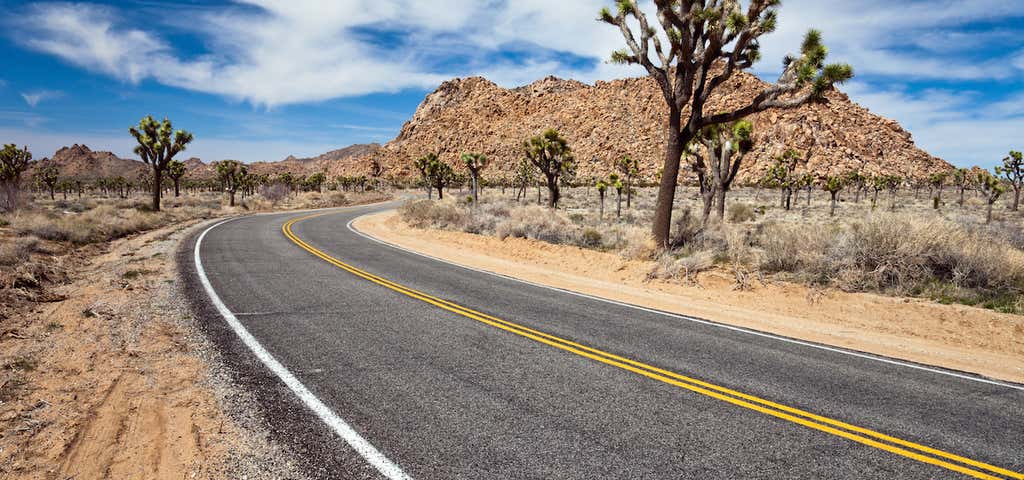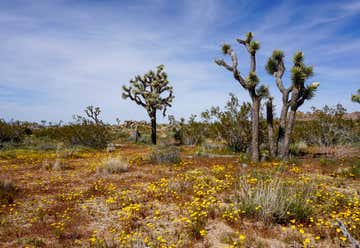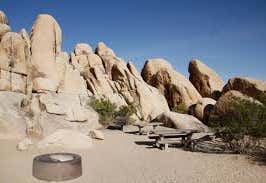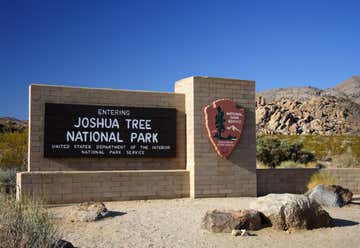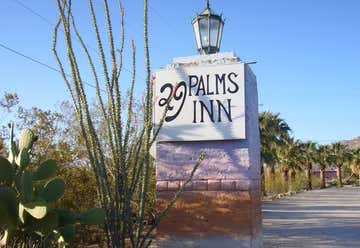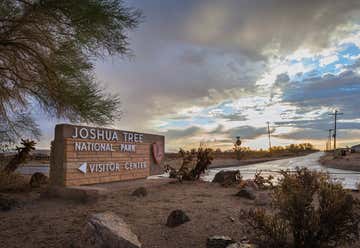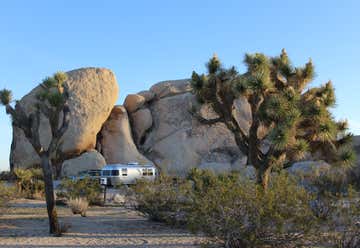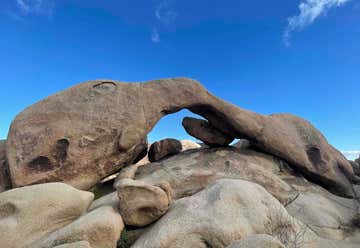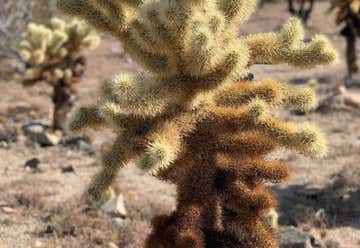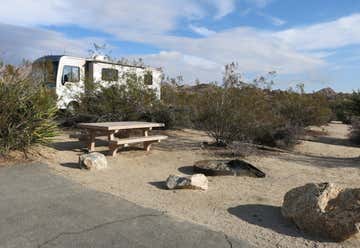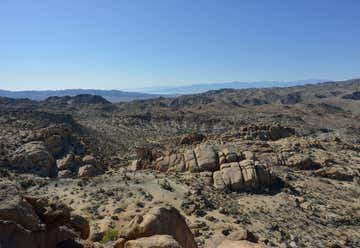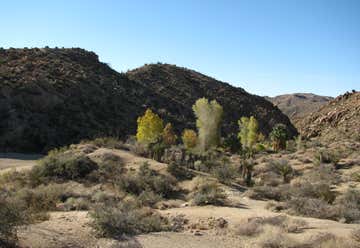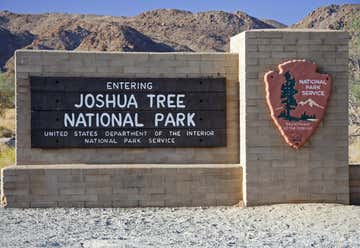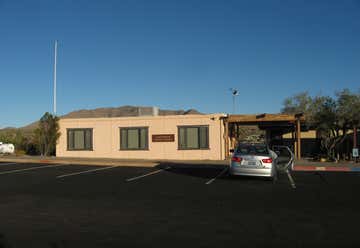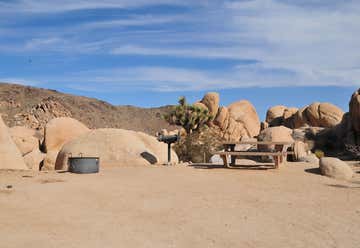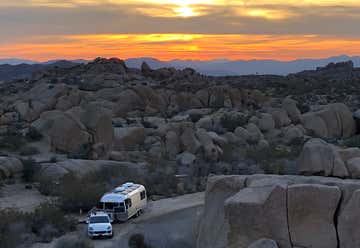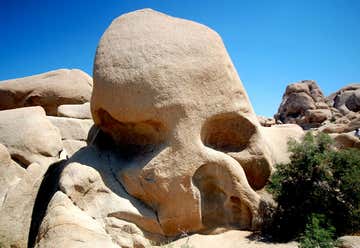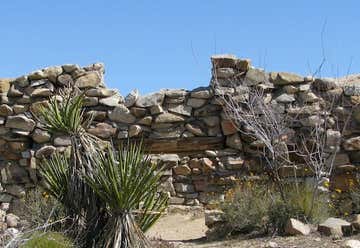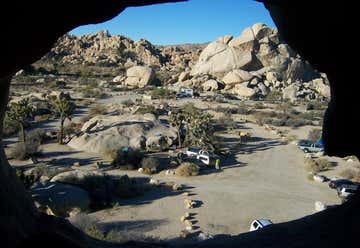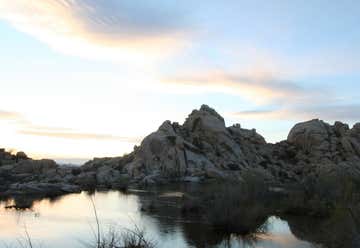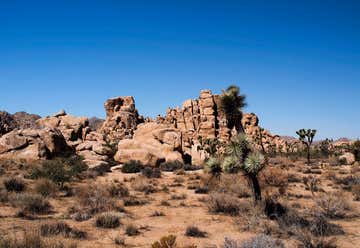While most National Parks have their few hidden gems here and there, scattered throughout the park, Joshua Tree National Park seems to made entirely of hidden gems. It is, in my opinion, the quirkiest and most eccentric park in the system (what else would you expect from a place so close to retro/hippie paradise Palm Springs?) and it's well worth the visit... even when Coachella isn't going on! Get ready to do a ton of exploring, because we've rounded up the coolest of the park's best-kept secrets.
Some tips for visiting Joshua Tree National Park:
-The desert is a less-populated landscape. Cell reception, gas stations and restaurants can be few and far between, so top off your tank whenever possible, let people know where you're going and when you plan to be back, and bring loads of extra water and snacks! -Also, California is often in a state of drought. Don't expect long showers or anything like that, and try to waste as little water as possible. -Plan hikes early in the morning or as the sun is setting... it's less hot, less crowded, and all-around more enjoyable. -You're about an hour from the resort town of Palm Springs, and you're even closer to Twentynine Palms. In fact, Los Angeles is only a few hours away... in case the hot springs in the area don't cut it, a trip to the beach isn't unreasonable. -The gnarled Joshua trees for which the park is named aren't actually trees... they're giant yuccas. Mormon pioneers fantasized that their branches were pointing the way to the promised land like the Biblical Joshua.
There are nine (count 'em-- nine!) campgrounds inside the park. They're all super stunning, because many sites are tucked among the rocks and trees, giving the campgrounds a really isolated desert feeling. Plus, the stargazing is out-of-this-world. If you're going the tent route, try booking a site at Indian Cove. If you're looking for something with running water, Black Rock Campground and Cottonwood Spring are the two in the park with that amenity. You're definitely going to need to stay hydrated.
Spring brings waves of colorful wildflowers, and summer has, far and away, the best stargazing. Of course, winter means more manageable temperatures, and more things are open and available in the cooler spring, fall, and winter months, but if you come prepared, summer isn't a terrible time to visit if you're concerned with avoiding crowds and getting good deals on rates and rooms.
